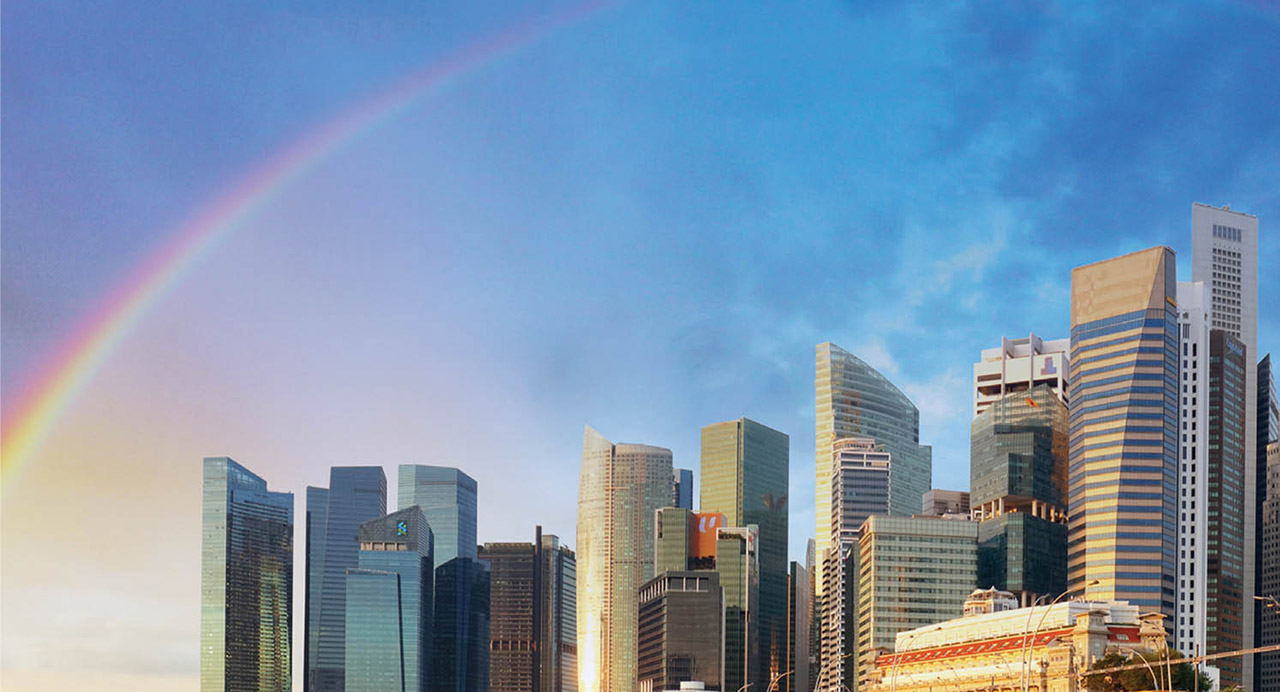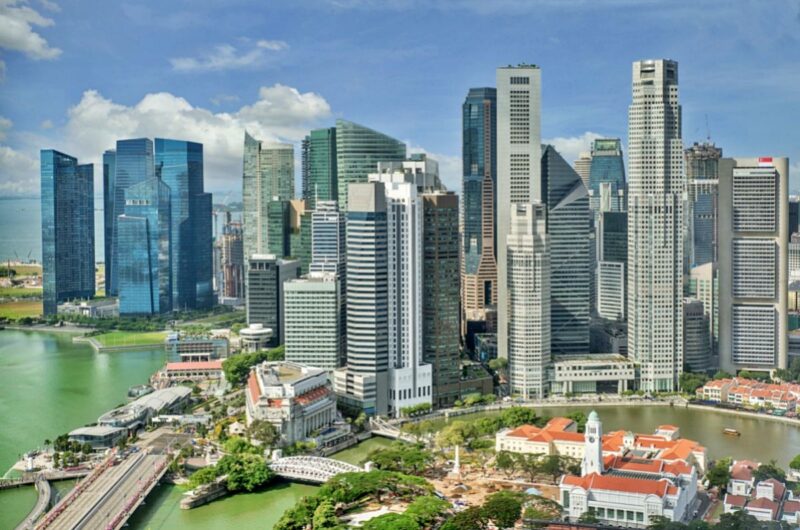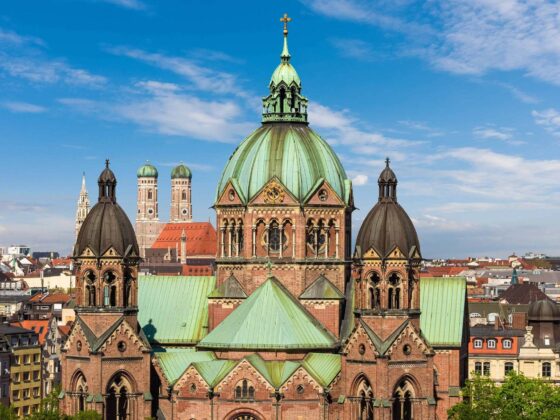Singapore’s real estate market attracts investors from all over the world. Its stable economy, strong legal framework, and consistent growth make it one of Asia’s most desirable property destinations. But for foreign buyers, owning real estate here involves several legal and financial restrictions that are important to understand before investing.
Robertson Opus represents the type of prime development that draws international attention, combining exclusivity with a central location. However, even properties of this level are subject to Singapore’s clear and structured ownership rules.
1. Foreign Ownership Rules

Foreigners in Singapore can buy certain types of properties but face limits on others. Non-residents are generally allowed to purchase condominiums and apartments in approved buildings. These are classified as non-landed private properties and are the most accessible option for international buyers.
However, landed properties — such as bungalows and terrace houses — are heavily restricted. Approval from the Singapore Land Authority (SLA) is required, and such permissions are rarely granted. The policy aims to ensure that land ownership remains primarily with citizens and permanent residents.
There are also limits on owning units in public housing (HDB flats). Foreigners cannot buy these properties directly. Only permanent residents may purchase resale HDB flats under specific conditions. This ensures that affordable housing stays available to local citizens.
2. Taxes and Additional Costs

Foreign buyers are subject to higher taxes compared to locals. The most significant is the Additional Buyer’s Stamp Duty (ABSD). As of recent updates, foreigners pay a 60% ABSD rate when purchasing any residential property. This rule was introduced to cool the market and maintain price stability.
There are also standard costs such as Buyer’s Stamp Duty (BSD), which applies to all purchasers, and legal fees for conveyancing. For investment properties, annual property tax and maintenance charges apply.
Despite these added expenses, Singapore remains a top investment destination because of its transparency, low corruption, and political stability. Many buyers view the high entry costs as a trade-off for long-term safety and capital appreciation.
3. Financing and Residency Considerations

Financing is another key area for foreign investors. Singapore banks offer housing loans to non-residents, but the terms can differ. Loan-to-Value (LTV) ratios are usually lower, meaning foreign buyers must pay a larger down payment. Interest rates remain competitive, and documentation requirements are strict to ensure financial security.
Residency status can also affect ownership rights. Permanent residents enjoy greater flexibility, including access to some resale HDB units and lower stamp duties than foreign nationals. For others, ownership is limited to private properties, but the process is still straightforward with professional guidance.
Many foreign investors also purchase through companies or trusts, especially when acquiring multiple properties. However, these structures require compliance with local tax regulations and legal standards.
Conclusion
Foreign buyers can find excellent opportunities in Singapore’s property market, but understanding the legal framework is essential. Rules on ownership, taxes, and financing are designed to maintain market balance and fairness.
Developments like Robertson Opus highlight the level of quality available to international investors, offering luxury within a well-regulated system. With proper planning and professional advice, foreign investors can safely navigate Singapore’s restrictions and enjoy long-term rewards in one of the world’s most stable real estate markets.


